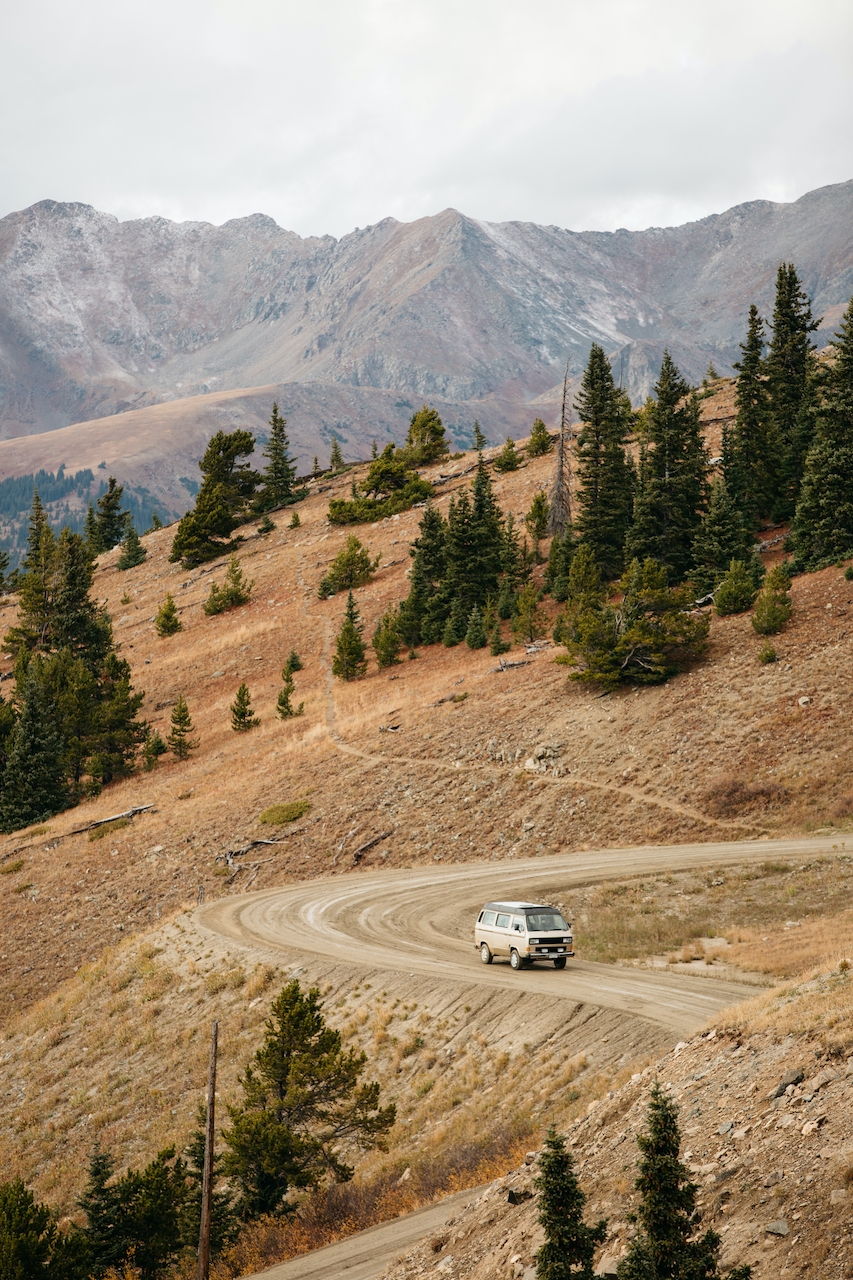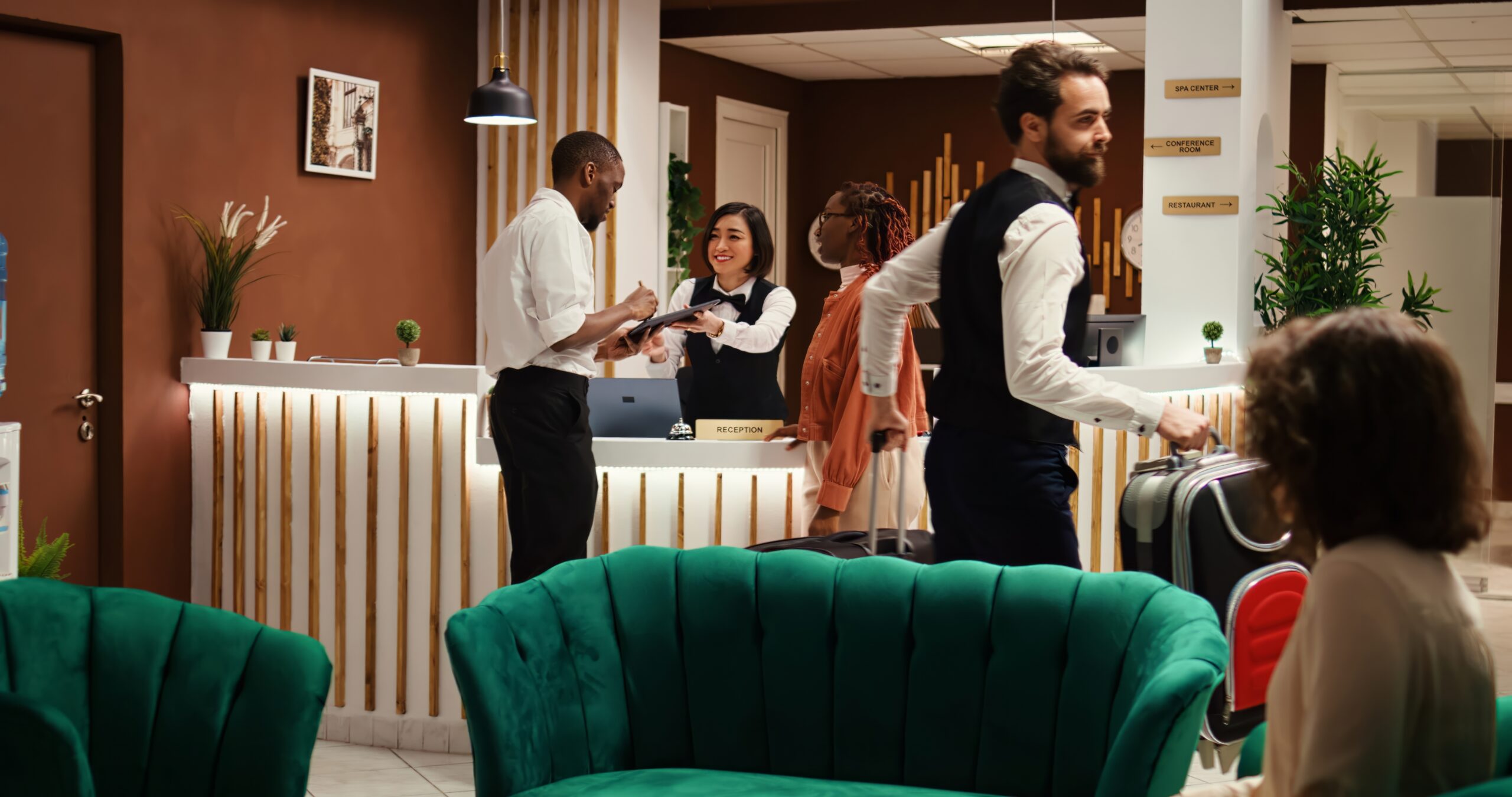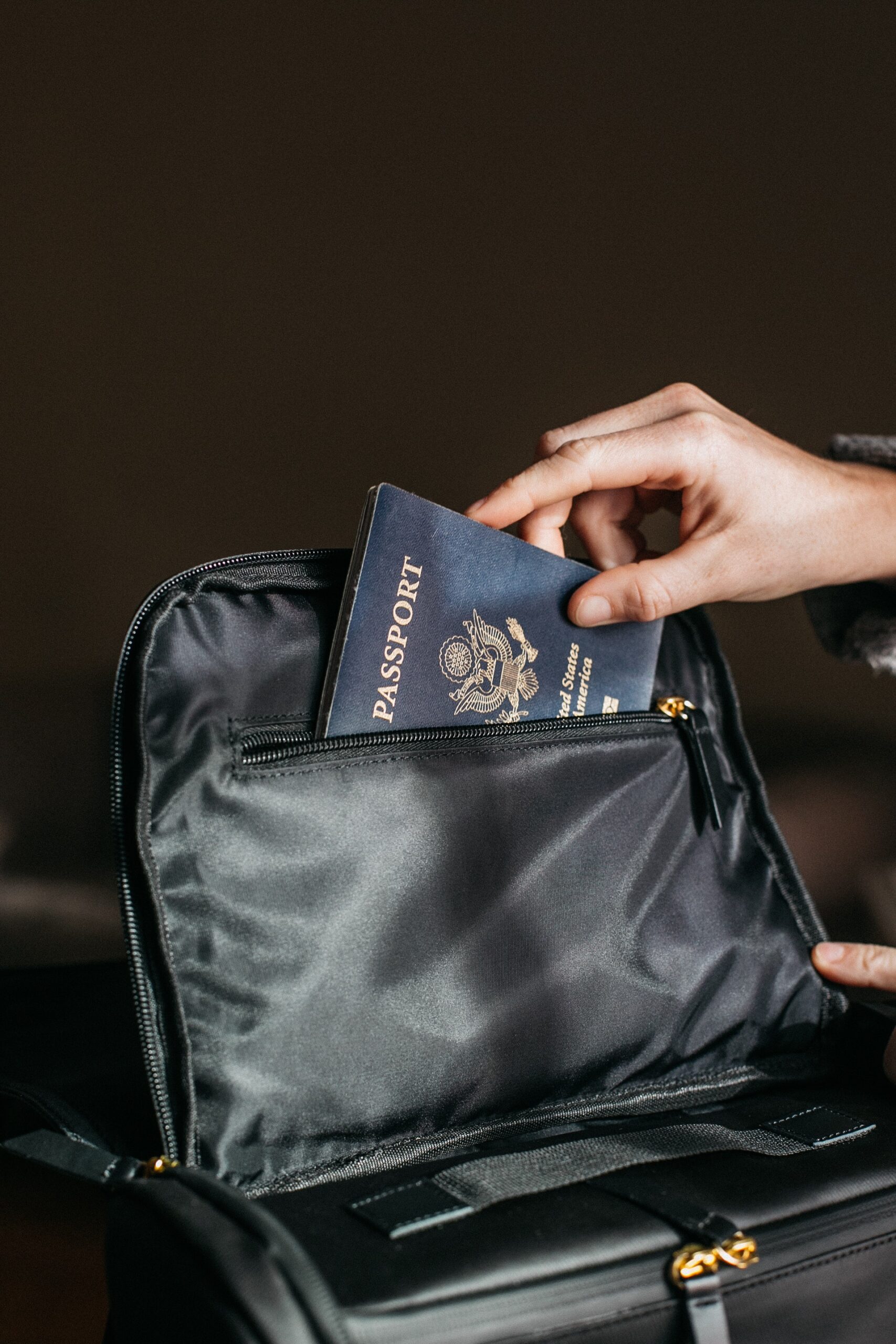In the realm of travel lies an uncharted synergy—one that resonates with our innate desire for wellness.
In a world marked by hustle and bustle, a silent revolution is taking place. Wellness has emerged as a beacon of solace, capturing the attention of 50% of American adults. Yet, the current wellness landscape often falls short of meeting these growing aspirations. Enter travel, a realm teeming with the potential to cater to the multifaceted dimensions of human well-being.
Travel gets attacked locally by residents angry about traffic and trash, and even nationally by a recent New Yorker piece, titled “The Case Against Travel.” Regarding wellness, we say a basic collective understanding of wellness is the emotional, social, and physical sense of thriving. In America alone, the number of adults who say wellness is a priority for them has risen to 50 percent, up 8 points year over year according to a report by McKinsey Consulting and is projected to continue such growth. In the same study, consumers expressed feeling under served by the products and services that specifically address wellness and a desire for more holistic approaches. Given such desires and growing demand– and with the exceptional offerings travel has to serve humanity’s desire for wellness, we can ask ourselves both locally with our own teams: how might we firmly establish and position travel an inherently necessary wellness activity?
As with most things, one of the easiest tactics is to look at a low-hanging fruit—the people who already view travel in this way. So lets walk through Future Partners’ research on the traveler who highly passionate about wellness.
In the US alone, wellness travelers represent 31% of all travelers. These are a group that can usher in interest and demand for new experiences–59% are highly open to inspiration on new places visit.
Travel is a key budget priority to them and they are optimistic about the volume of trips they will take this year. They are strongly seeking nature experiences and exploring what they haven’t before. From a planning behavior standpoint, they love digital influencers and online videos.
Other behaviors and preferences to consider: These travelers are less motivated to select trip destinations by their previous experience and location of friends/family and more motivated by food/cuisine, adventure, live entertainment, and sports. These travelers are also passionate about both fashion and wine. They will personally spend a notable $5207 on their leisure travel this year. These are the types of travelers your front-line hospitality employees want in your destinations and tourism businesses as 58% describe themselves as calm and handling stress well. Cross-over trips are an opportunity: 40% of Wellness Travelers are highly excited to take a workcation in the next year. Fully 60% will prioritize taking trips specifically for healing and wellness this year. However, going back to my question on how might we as the travel industry establish and position travel as an inherently necessary wellness activity, one of the significant things we need to look at is that “wellness” seems to nearly always be represented and messaged as Goop or Instagram worth yoga hero shots.

The primary representation of wellness like this opposes the goal of making travel be seen as essential to wellness. Its predicated more on exclusion and is not inclusive in many physical and conceptual ways. And its often tethered to luxury—furthering the air of inaccessibility.
Even the demographics of the current profile of wellness travelers show the inaccuracy of a Goop-esque lens of wellness…and also highlight the opportunities when we expand our view. Despite their seemingly rare occurrence in wellness-travel marketing, wellness seekers are as likely to be male as female. That these travelers skew younger despite older travelers telling us how important travel is to their lives, and that these travelers have diverse racial identities invites us to have a broader, more inclusive view — and in how we position travel as wellness-that should benefit us all.
This is something we have found in research we have done for DMO leaders to help their teams better understand the needs of travelers. Recent studies for two different destinations showed for example, that black and Latino-identifying travelers were the most interested in wellness-based experiences. This is also backed by other consumer research into how wellness is prioritized and how non-Caucasian consumers have the greatest unmet needs when it comes to wellness products and services. And remember: When we ask travelers about why they travel, it’s the depth of social and emotional connection, that is most important to them. Wellness travel conceptually got so co-opted by the spa-yoga products – which are incredible, but we are missing out on mental, emotional, spiritual, social, environmental, and intellectual aspects of wellness experiences that travel offers and should be associated with.

This comedian Celeste Barber, who you may be familiar with, became famous for parodying to make a greater social point on the irony of what is shown to us as healthy physically often has the opposite effect emotionally. She remarked on GenZ in a way that is important to take note–that they are about self-health and mental health expressed in ways we haven’t quite seen before. GenZ is the next big base of our customers and work colleagues. If you had the opportunity to observe the Millennial generation come of age as consumers, it became clear pretty early on that travel was a key part of their generational identity. For GenZ its appearing to be wellness– and one that is holistic, expansive, inclusive and thus again why it is important that travel meets them here in this space.
That which contributes to spiritual/mental/social wellness are where any destination can thrive as an wellness experience to offer its visitors. A park with an excellent view to de-stress, open mic night at a local bar to or architecture that expresses the”soul” of a place, or just a mind-clearing walk. Letting travelers in on such aspects of your destination create the deeper, long lasting connection they are seeking . Communicating how a trip to your desintation contributes to your visitors wellness- shows more care than just about wallet.
Our mission at Future Partners includes a belief that Travel experiences can provide joy, rejuvenation, understanding and connection which can benefit and should be available to all humans, no matter their culture, race, ethnicity, gender, identity or income level and we support travel’s power as a mechanism for togetherness and thus wellness.



